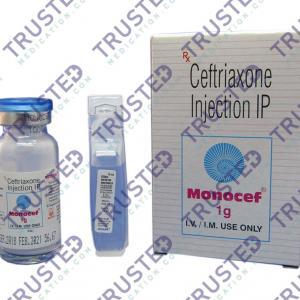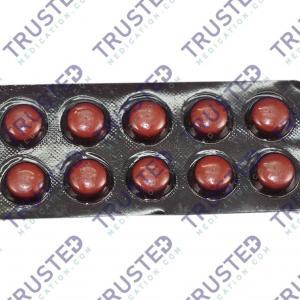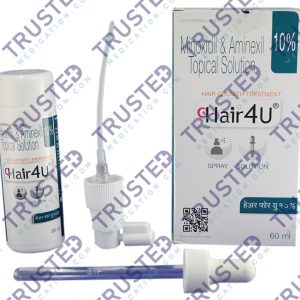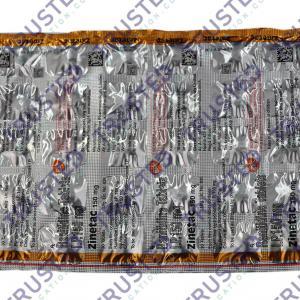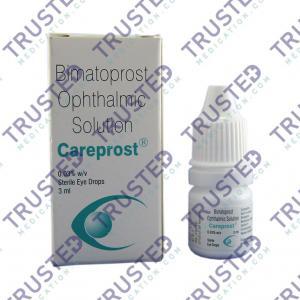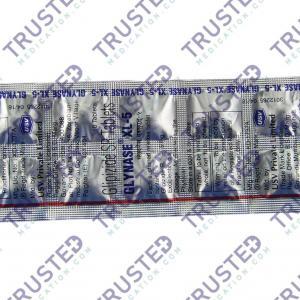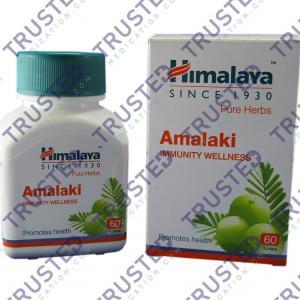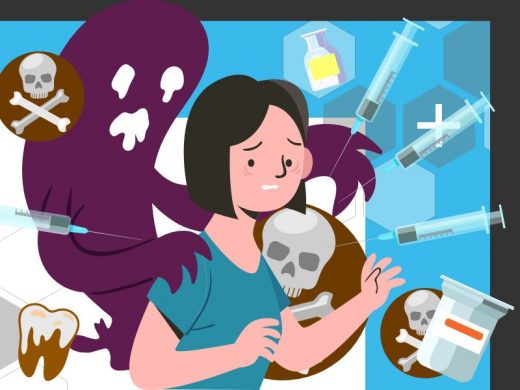
Drug addiction is a chronic disease characterized by compulsive behavior and difficulty to control. The initial decision to take drugs is voluntary for most people. Nonetheless, repeated drug use leads to brain changes and it affects self-control. Drug addiction interferes with a person’s ability to resist or manage the urge to take drugs.
As a person continues to use drugs, the brain adapts by reducing the ability of cells in the reward circuit to respond to it. It leads to tolerance and may cause adding the dosage to feel similar euphoria from the first time you tried. Drug addiction changes brain chemical systems and circuits. It affects the following functions of the brain:
- Learning
- Judgment
- Decision making
- Stress
- Behavior
- Memory
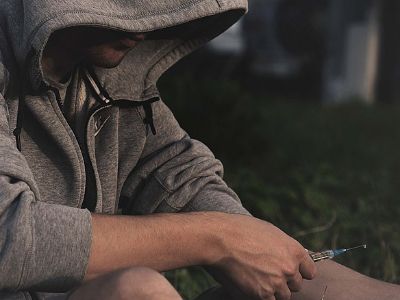
The Stages of Drug Addiction
- Acute Drug Effect. The individual experiences the rewarding effects of the addictive drug. It involves the brain chemical known as Dopamine.
- Transition to Addiction. The individual transitions from recreational use to actual addiction.
- End-Stage Addiction. At the final stage, the individual experiences a strong urge to get the addictive drug. This stage also leads to losing control of the drug-seeking desire. Experiences diminished pleasure after using the addictive drug.
How to Diagnose Drug Addiction?
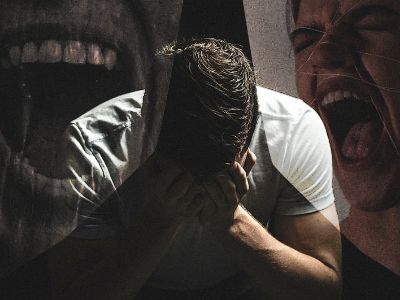
Drug abuse affects persons overall being. Diagnosis includes blood and urine test. Psycohological assessment can also help diagnose drug addiction. Here are some signs to diagnose drug addiction:
- Frequent absence from work or school
- Anxiety or depression
- Weight changes
- Frequent accidents or trauma
- Mild tremors
- The odor of alcohol or marijuana
Treatment for Drug Addiction
Treating drug addiction encompasses the overall health and not just the behavior. Withdrawal symptoms can be severe during the treatment so, work with your medical provider until you finish the treatment period.
Medications such as Naltrexone, Acamprosate, and Disulfiram are typical drug addiction treatments. These medications help treat physical symptoms of addiction and they also address the behavioral aspects.
- Counseling
Counseling helps in planning the right strategy to treat the condition.
- Drug Therapy
Drug therapy helps in reducing alcohol cravings. Doctors may prescribe a drug for 12 months to reduce cravings. Ensure to finish the treatment process to avoid severe withdrawal symptoms.
- Cleansing
This helps flush alcohol and drugs out of the body. Change your diet and lifestyle during the treatment.
- Parental drug
Naltroxene injection can help a person live an alcohol and drug abuse-free life.
- Rehabilitation center
Patients can stay in the center to help them stop using alcohol and drug.

